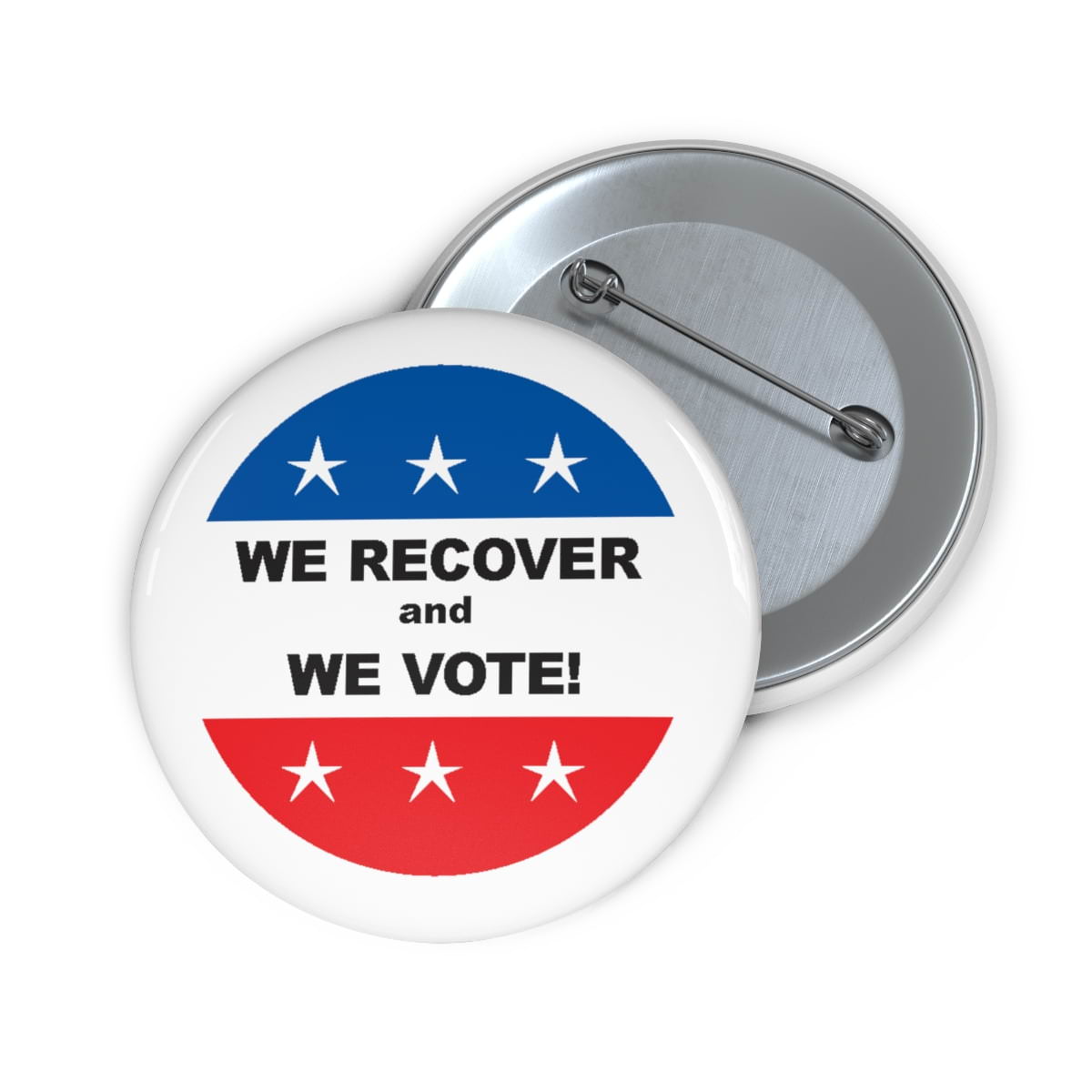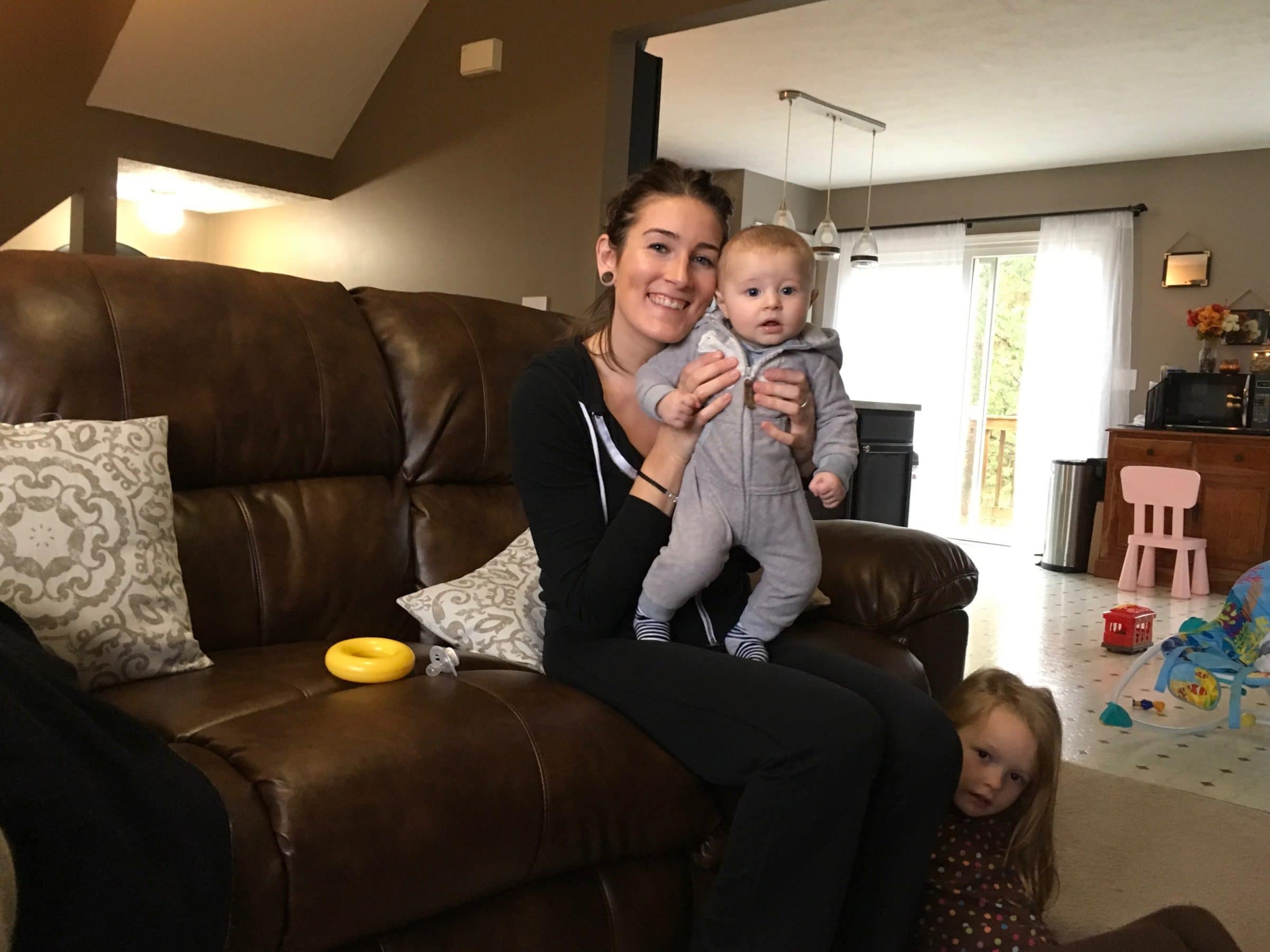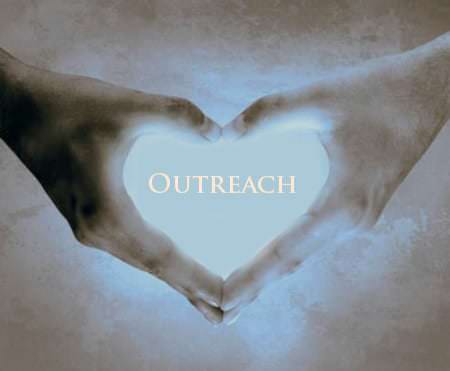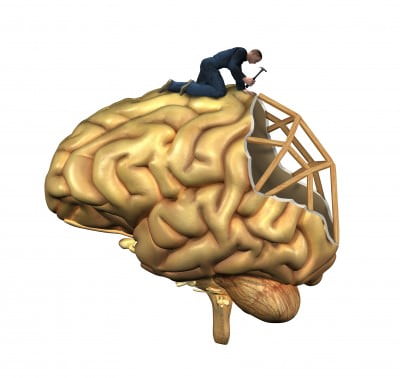What is your candidate’s stance on Mental Health & Addiction?
We all have the right to choose a candidate that we believe in, but sometimes we aren’t sure if their ideals align with ours. The…

We all have the right to choose a candidate that we believe in, but sometimes we aren’t sure if their ideals align with ours. The…

For Alannah, it can be difficult getting to meetings but, “being able to talk to the girls makes me feel like I’m doing something for my recovery everyday”. As a stay at home mom, Alannah is learning to tend house and says that, “there is no other job I’d rather do, I love staying home with them”.

Original Blog Date: May 30, 2014
Through my early tenure in the addictions field, the question of readiness for treatment and recovery was thought to be a pain quotient. We then believed that people didn’t enter recovery until they had “hit bottom.” If a person did not show evidence of such pain-induced readiness, they were often refused admission to treatment. Then we recognized that the reason it took people so long to “hit bottom” was that they were protected from the painful consequences of their alcohol and other drug use by people we called “enablers.” We then set about teaching enablers to stop rescuing and protecting their beloved but addicted family members.

In previous blogs I have suggested that when I’m at a loss for words— doesn’t happen often— I use the words of others. I am reading a book by friend and mentor, Johnny Allem, titled Say The Second Thing—That Comes Into Your Mind. This book is a “tool box” that supports the work and joy of recovery. I know that recovery support for self and others is not a job but requires work. In describing his early days, Johnny writes about the tools of work.
Summary: Individuals with a history of substance use disorder might be eligible to participate in a brief online survey about personality, mental health, and substance use. Those who complete the survey and provide a DNA sample (in the form of saliva) will be compensated for their time and effort

People seeking help for the resolution of alcohol and other drug (AOD) problems in the United States encounter not comprehensive systems of care but silos of care based on single pathway models of addiction with narrow menus of derived services, each highly critical of competing silos. Far too often, people with the most severe, complex, and enduring AOD problems traverse multiple silos without finding a sustainable recovery solution. Below are some reflections on why these single pathway approaches to addiction and recovery are so troublesome and a few thoughts on how we may escape entrapment in such ideological prisons.

Since the early promulgation of addiction as a brain disease, I have warned that such a model could increase rather than decrease addiction-related stigma if not also accompanied by a parallel understanding of the neurobiology of addiction recovery. To that end, I joined several colleagues in calling for a recovery research agenda that includes a focus on the degree to which brain functioning is restored during the recovery process. In the intervening years, significant research has illuminated such healing processes and their implications for recovery management. The most significant of this work has been done on alcohol use disorders. The extent to which these findings are applicable to other substance use disorders remains unclear.

Addiction recovery is best viewed as a process rather than an event, but the transition into recovery can sometimes be more a cataclysm than a product of incremental steps—more a lightning strike than a process of maturational learning—and the factors that sustain recovery over time may be quite different than those that trigger recovery initiation. Where recovery stability is achieved in gradual stages and within later stages of enhanced global health and functioning in recovery, there are can be surges in growth that exert profound effects on personal identity and character and one’s relationship with the world.

Considerable efforts are underway at federal, state, and local levels to extend acute and palliative care models of addiction treatment to models of assertive and sustained recovery management (RM) nested within larger recovery orientated systems of care (ROSC). As that work proceeds, a critical question has emerged about the application of RM and ROSC to the design, delivery, and evaluation of services for children, adolescents, transition age youth, and families (CATAYF).

The FIRST STEP Act was recently passed and was signed by the President. This was historical. Federal passage of the FIRST STEP Act provides action on criminal justice reform. Ultimately, the FIRST STEP Act is one step in the right direction for reducing mass incarceration in the United States. The Second Chance Act reauthorization was recently included in the FIRST STEP Act. The changes will reduce incarceration for a number of lesser offenses, many involving drugs.
End of content
End of content
No products in the cart.